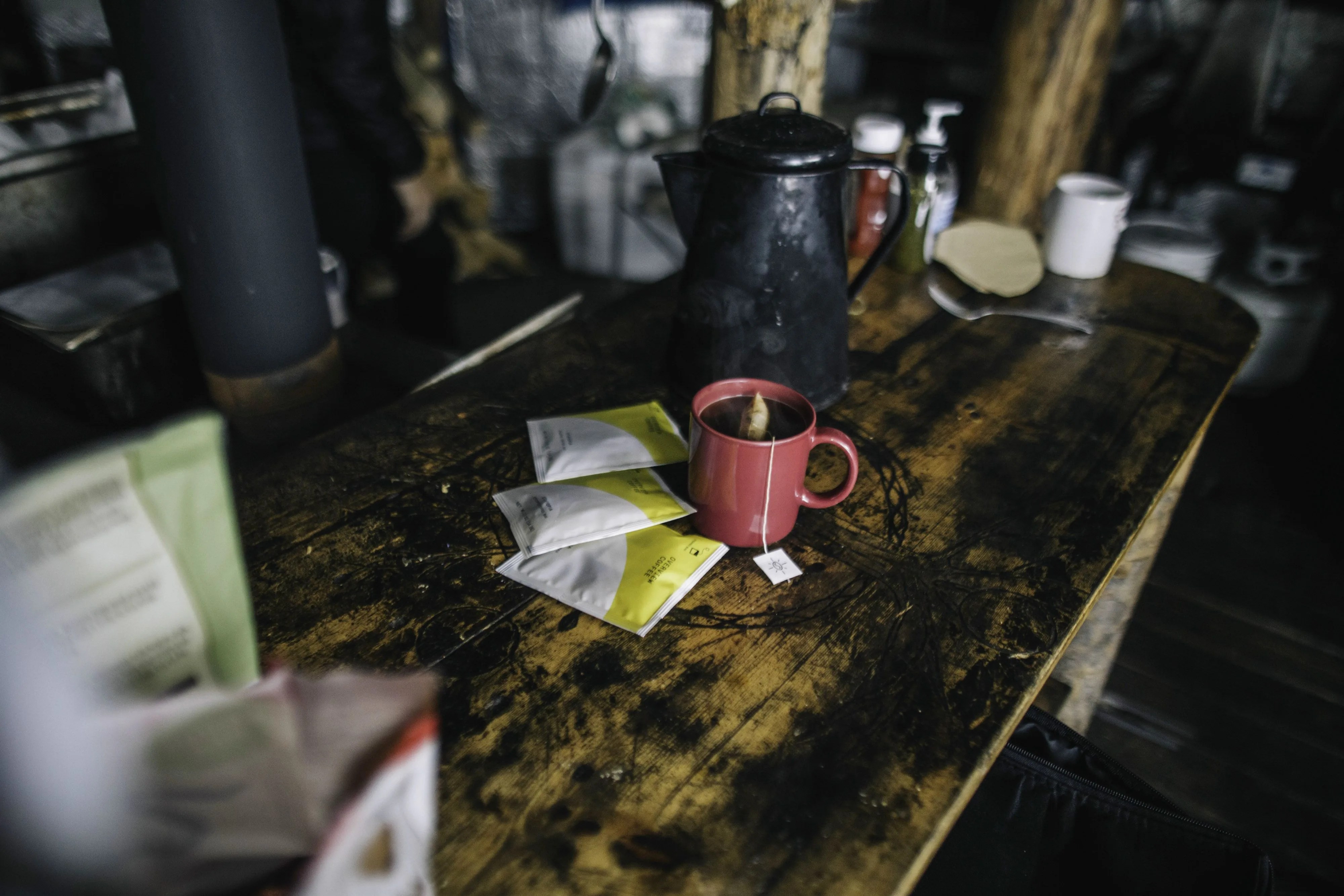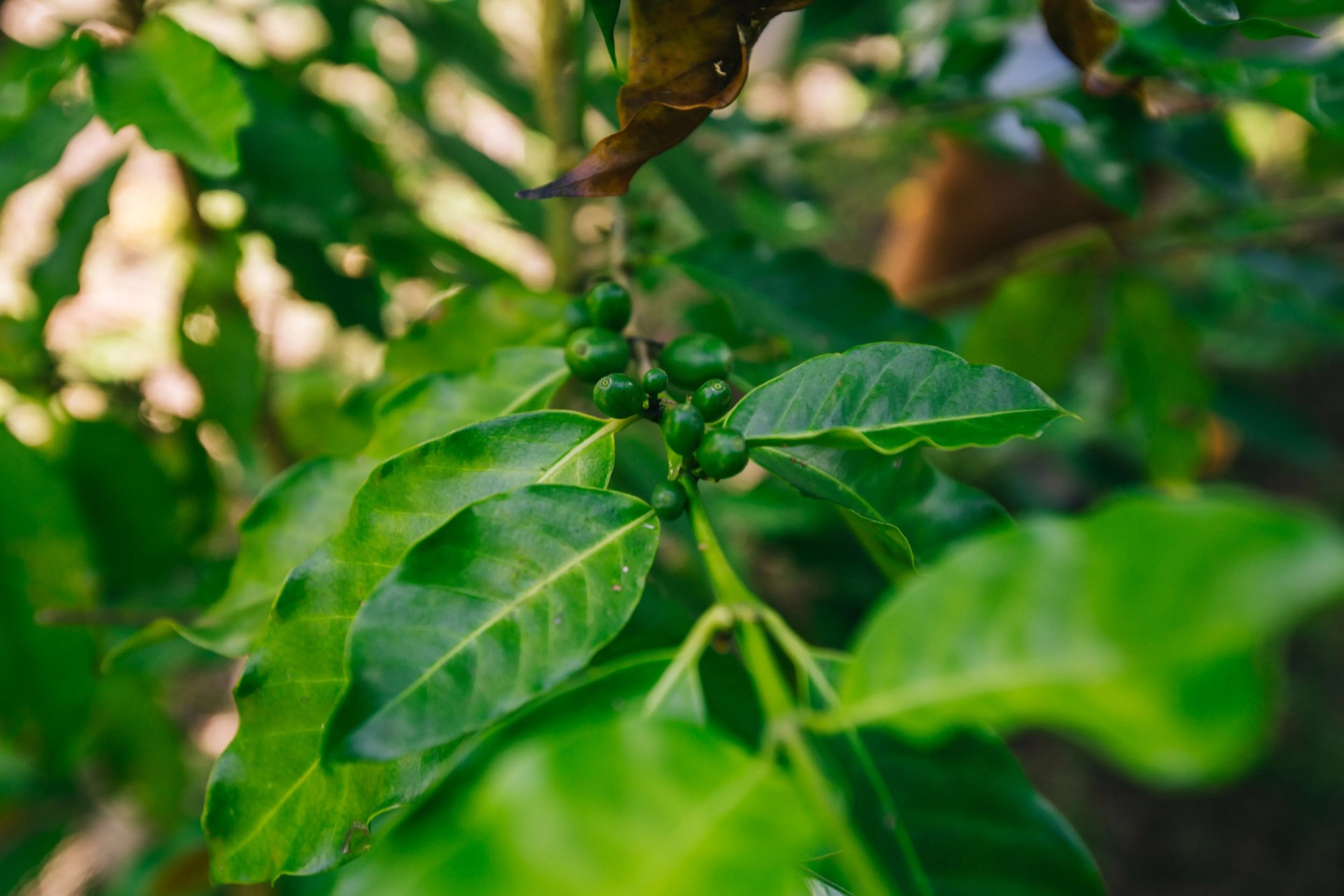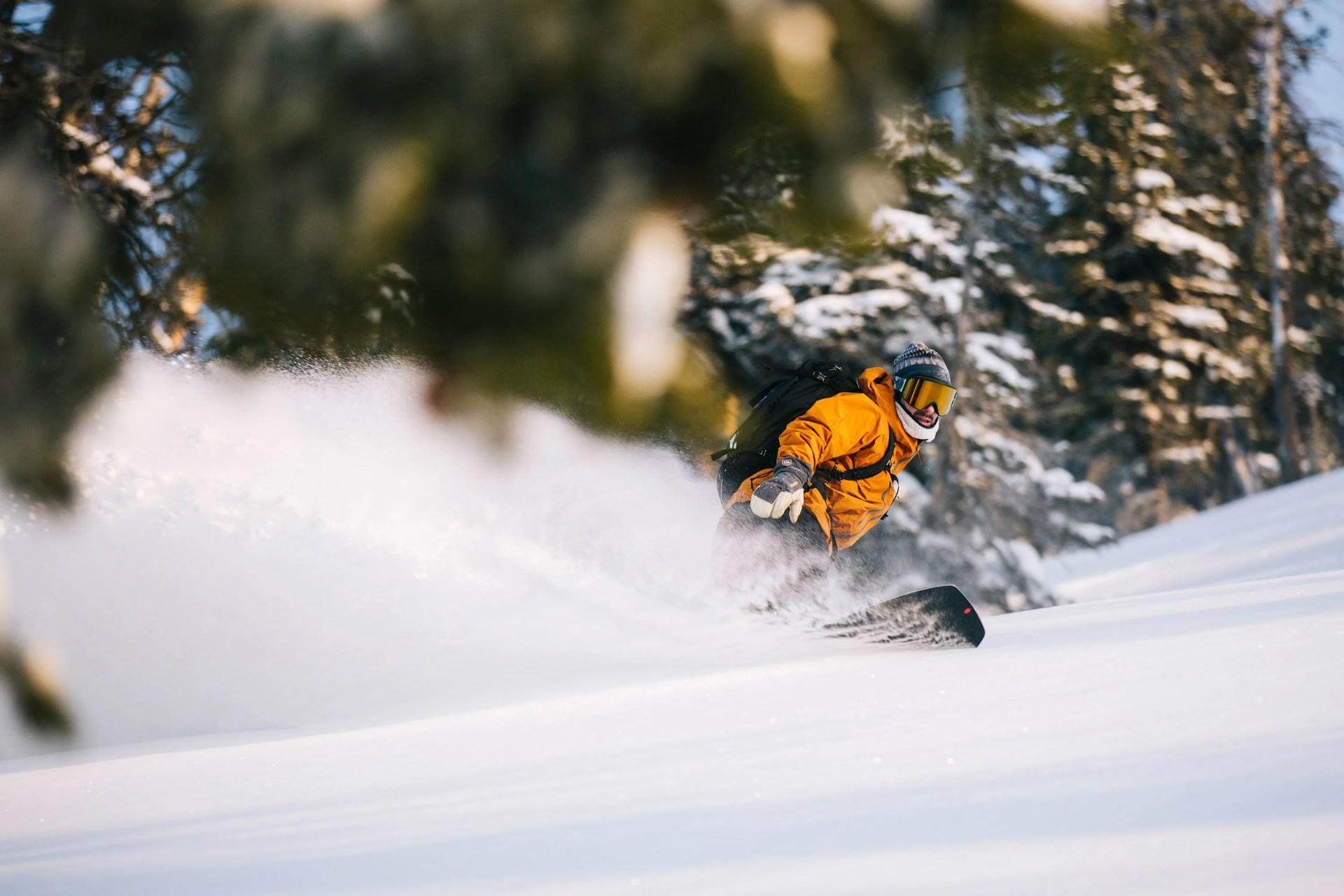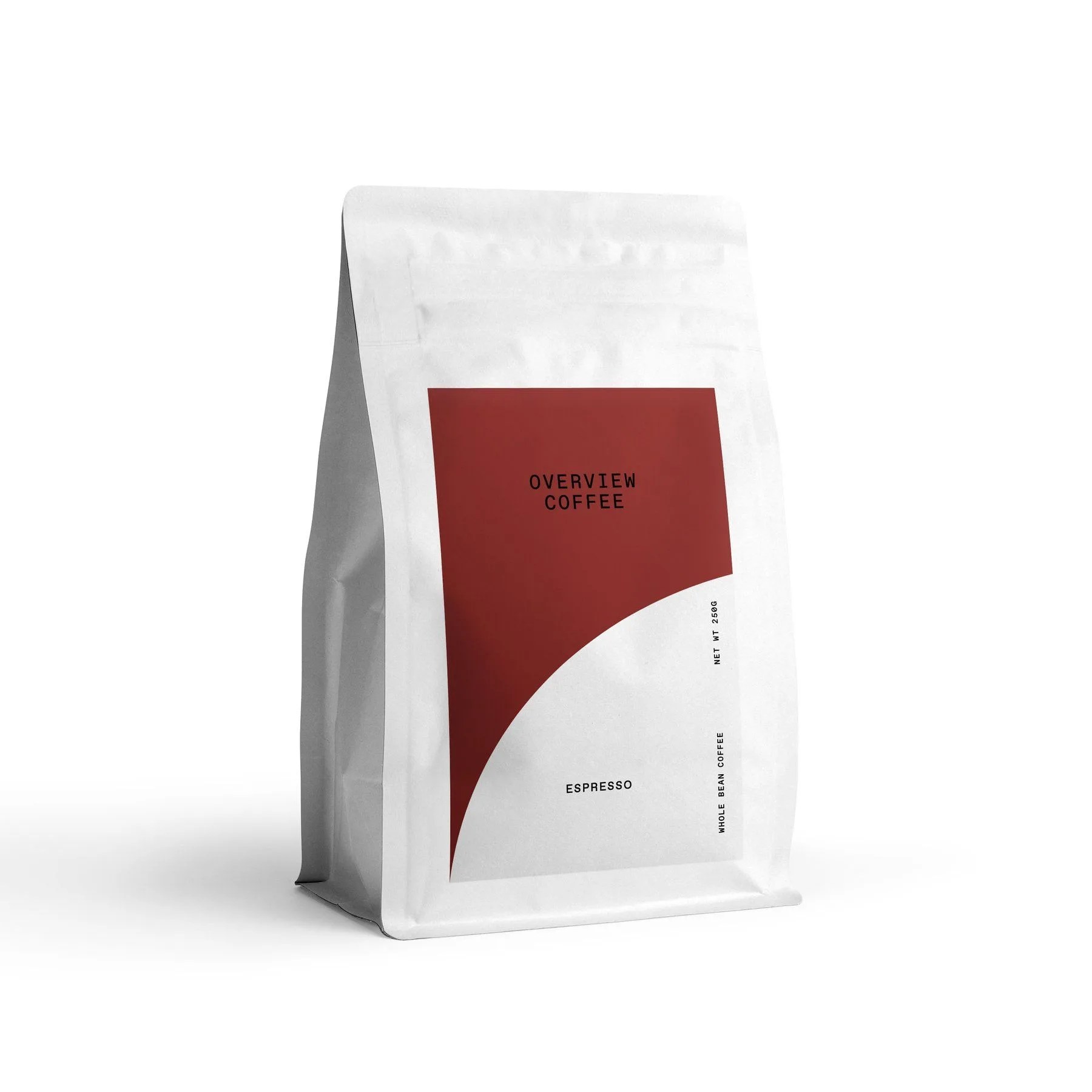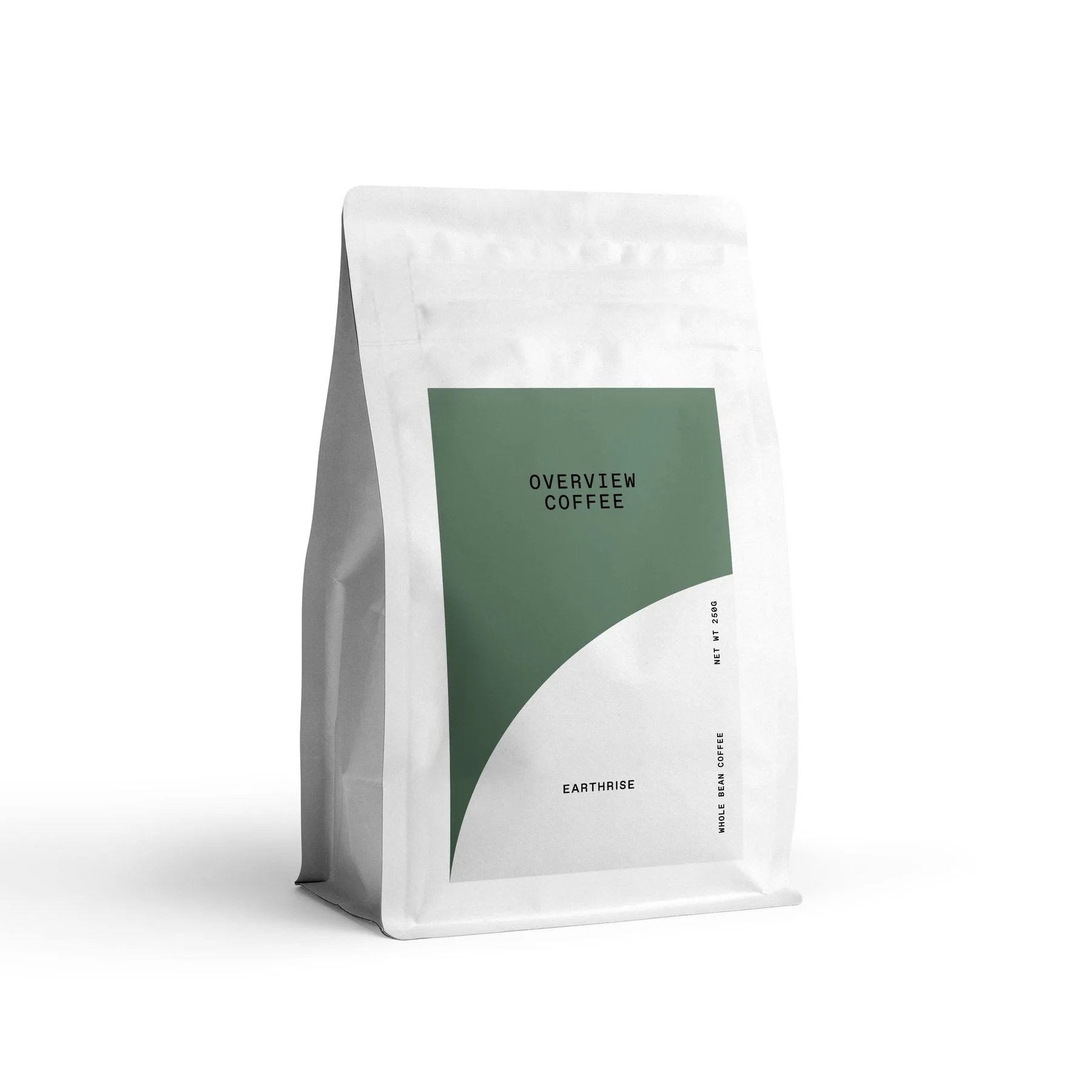Alex Yoder spent his twenties chasing snow around the world. A sponsored snowboarder for Patagonia, he grew apathetic to token acts of environmental activism, like social posts and climate marches.
“They felt hollow,” he recalls. “I wanted a tangible role in actual impact and became interested in regenerative organic farming. Starting a coffee company was a rogue move, but something I needed to do.”
Such was the genesis of Overview Coffee, an upstart coffee roaster based in Portland, Oregon.
“To be honest, I didn’t drink coffee before I started the company,” he reveals. “I just saw it as an opportunity to bring business and agriculture together and learned to love coffee in the process. The world has a food insecurity problem and a climate crisis. Fixing farming will curb both.”
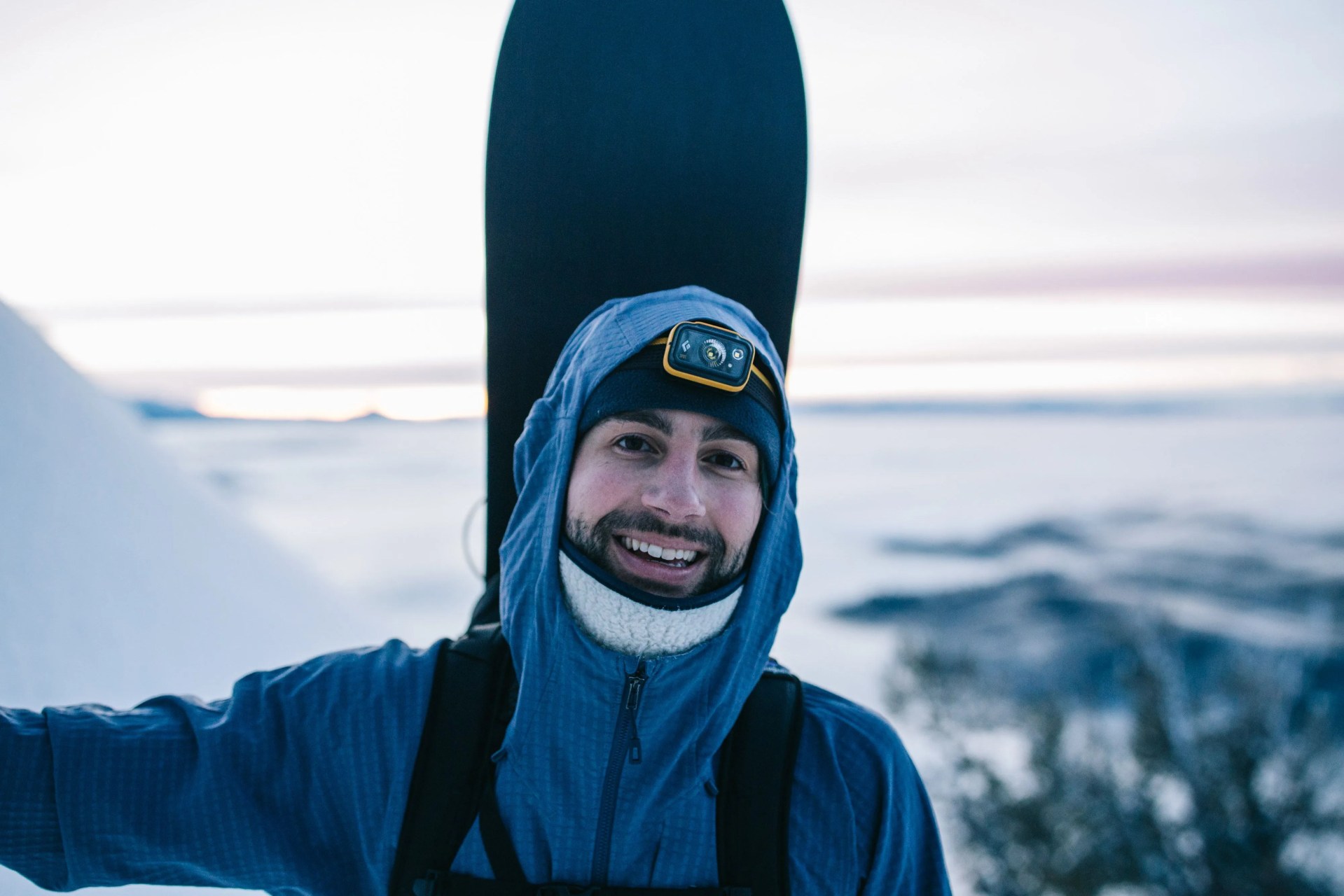
But Yoder didn’t decide to start a coffee business by randomly picking it out of a hat. “Millions of people have an emotional connection to coffee. It tugs at our heartstrings. It’s a daily ritual. A shared religious experience.” Yoder hopes these emotions encourage more people to invest their daily cup of coffee towards a climate solution.
“I don’t want to be a billion dollar company. I’d rather grow just big enough to pressure bigger brands like Starbucks to change their supply chains. We want to be a thorn in their side.”
